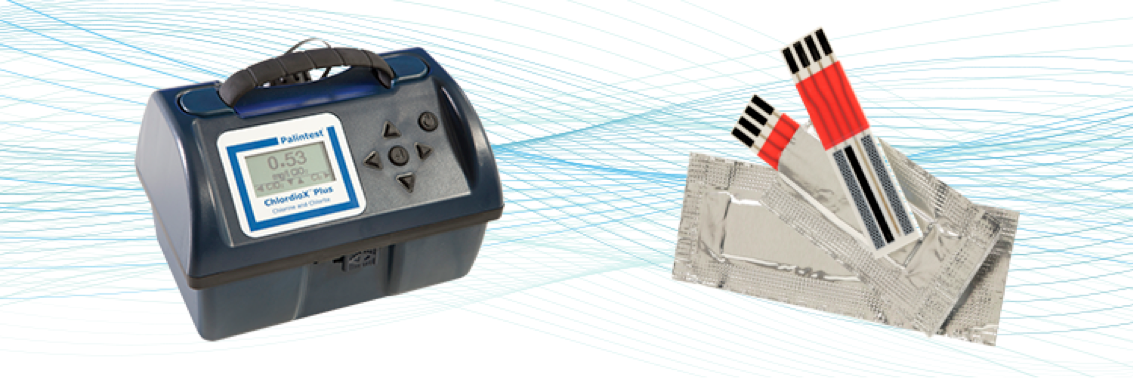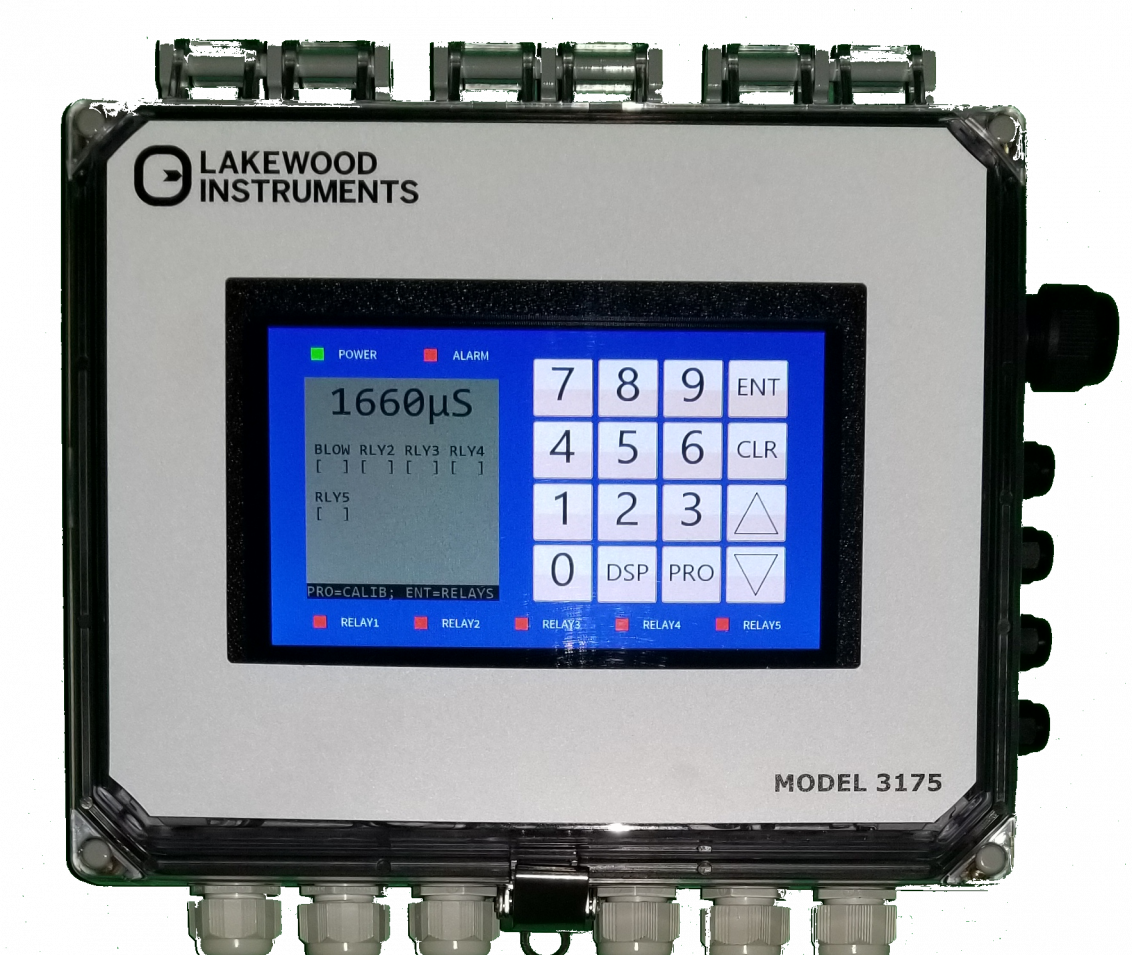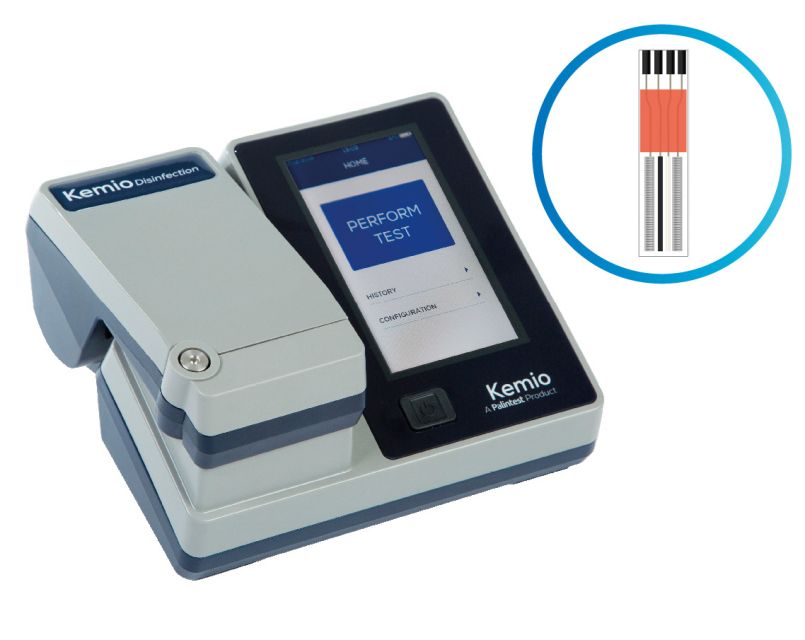Brewing up success!
January 10, 2018 0 Comments

UK-based Fuller, Smith and Turner Ltd have been brewing some of Britain’s most popular beers by the Thames since 1845. Producing over 70,000 litres of beer every day comes with significant water management challenges – for any brewery of
this size.
Fuller’s, however, goes one step further to ensure its flagship organic product, Honey Dew, stays all natural and chemical free - from the first grain to the last bottle.
The brewing process utilises water in several different ways, using some for the final product and some for the production processes. The water that is used to make the beer, known as brewing liquor, has been highly purified to remove trace chemicals such as chlorine which are added by water utility companies.
This helps to protect the unique strains of yeast used by Fuller’s to make its wide variety of beers and ales.
A separate stream of water is used for cleaning tanks, powering heat exchangers and rinsing bottles. This water, known as process liquor, is also highly purified, however a disinfectant needs to be added to prevent microbiological contamination.
Rather than using traditional disinfectants which have long-lasting residuals and can form organic disinfection by-products, Fuller’s has implemented a chlorine dioxide dosing system.
Why is ClO2 Better?
Chlorine dioxide is a potent anti-bacterial with the ability to kill even chlorine-resistant pathogens such a cryptosporidium. Despite all of this disinfecting power, it is volatile in nature and produces fewer disinfection-by-products compared to traditional chlorine and bromine.
This means once the water has been disinfected, there is a much lower level of oxidising and by-product chemicals left over – perfect for cleaning-in-place applications where a product’s organic status needs to be maintained.
Making Sure the Chlorite’s Alright
One of the few by-products formed is the oxidised form of chlorine dioxide, called
chlorite (ClO- ). Being able to accurately measure chlorite is essential as the Soil 2
Association set an upper limit of 0.5 ppm for water that could potentially come into contact with an organic product.
In order to ensure the organic approval of its product, Fuller’s has turned to the Palintest ChlordioX Plus, which is the only portable instrument with EPA approval for measuring chlorine dioxide and chlorite. Using Palintest’s unique disposable sensor technology, the ChlordioX Plus utilises chronoamperometry which eliminates the interferences typically associated with colorimetric methods.
Amperometric methods are traditionally the domain of large laboratory instrumentation which require high levels of user care and maintenance of the electrodes, both of which have been overcome with the ChlordioX Plus, in an instrument a fraction of the size and a fraction of the capital investment.
This allows Fuller’s to accurately monitor the quality of its process liquor across its site, without the need transport samples to a lab. This efficiency means the right dosing decisions can be made at the right time and the brewery can keep producing great tasting organic beer.
For more information on the ChlordioX Plus and how Palintest can help you monitor your process liquor, please visit www.palintest.com.
Also in Blog

Advanced Cooling Tower Management: Enhancing Efficiency with Lakewood Model 140
February 28, 2024 0 Comments

Optimizing Cooling Tower Performance: Understanding Efficiency, Maintenance, and Water Quality Management
February 28, 2024 0 Comments

Revolutionizing Water Analysis: Everything You Need to Know About the Kemio KEM10DIS
April 19, 2023 0 Comments

